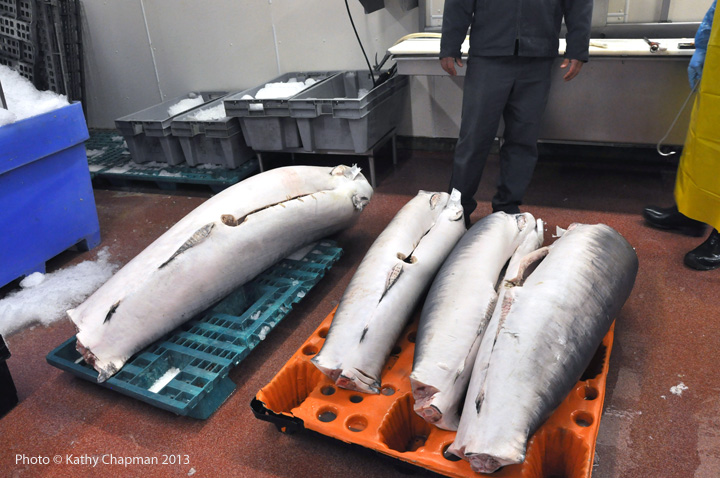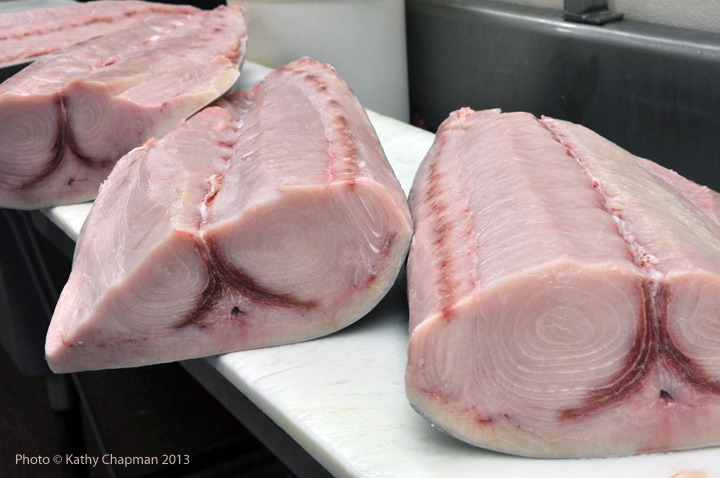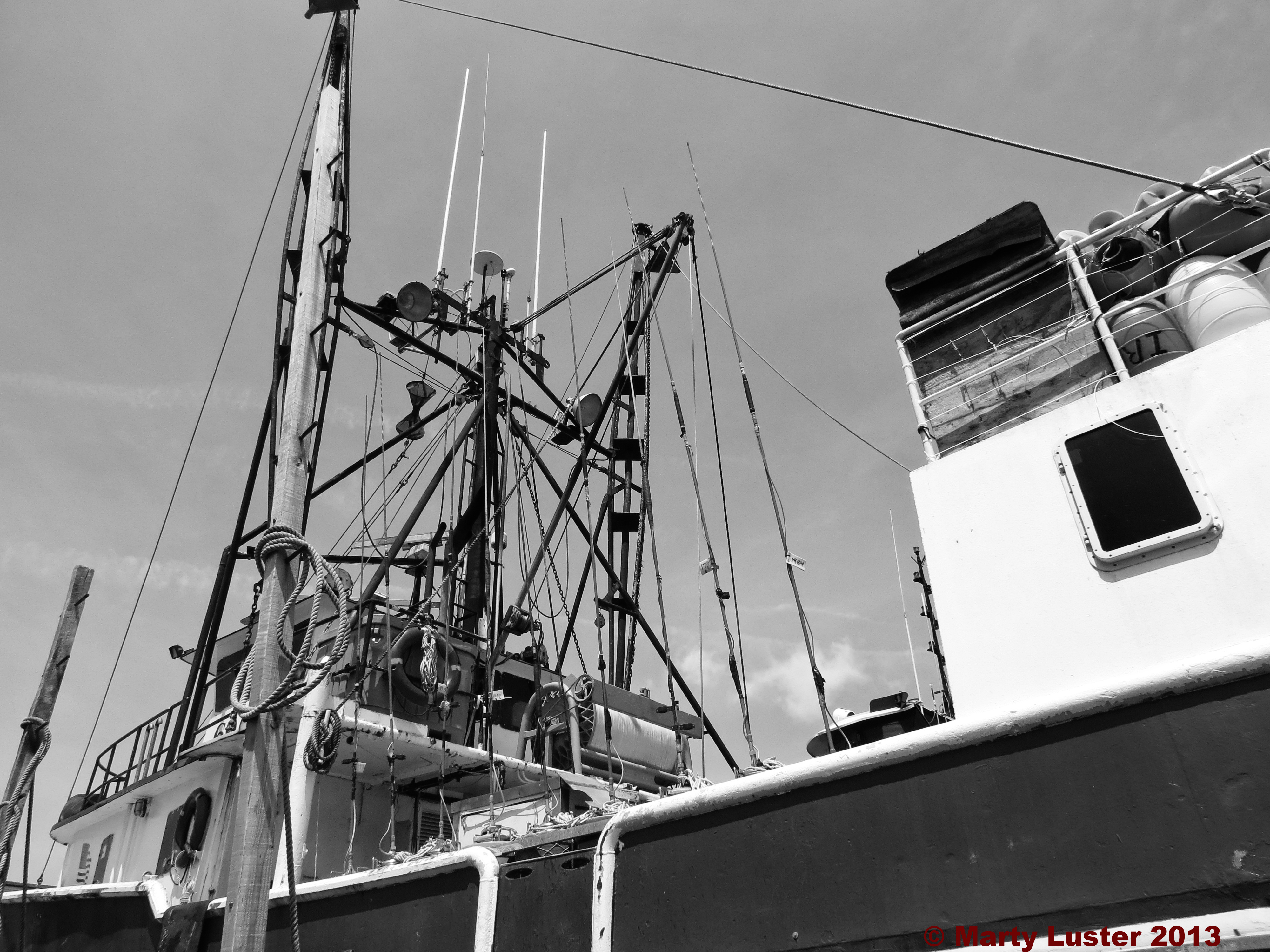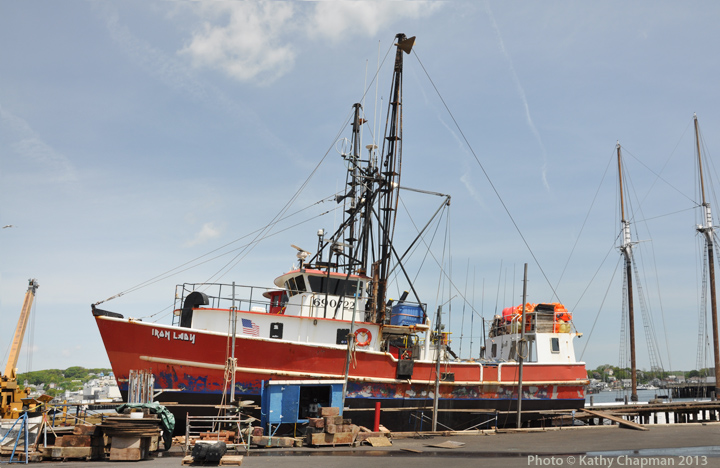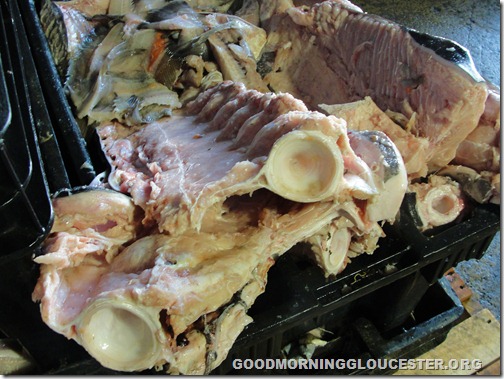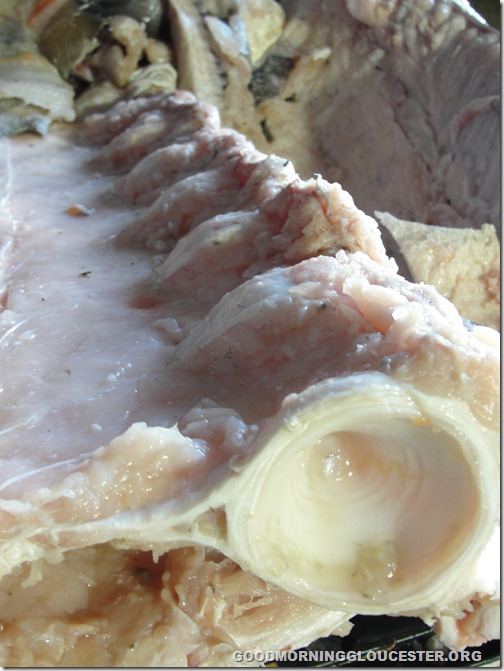This story was the first time I was acquainted with anything written by one, “Tom Herbert”, a reporter the Boston Globe featured regularly pre 1900.
This heartwarming read published on Christmas day in 1890 has enough convincing details to engage readers of all ages with a Christmas wish come true story. Is it fairytale or truth enchanted? The mention of a charming cottage in East Gloucester piqued my interest enough to research surnames, just in case, and the off chance I might locate a house story to boot while re-discovering work by this writer. One article was another in this vein I categorized ‘fairytale reporting’ which I shared yesterday ; and a third from a tuna fishing trip he covered for the Boston Globe (embellished with a fantastic headline).
Local details mentioned: Norman’s Woe, Proctor’s Store, ferryboat Little Giant, James (Jim) Lawson, Jeannette Olsen (children Andrew and Alfred), Eastern point, fisherman, Swedish immigrants, East Gloucester, Swedish consul, Court Square Boston, Grand banks, Nova Scotia, Newfoundland, shipwreck, Cunningham & Thompson’s wharf, Boston’s salt fish dealers
Her Christmas Present, A True Story of Gloucester Fisher Folk
By Tom Herbert
“Shaw! Jeannette, don’t talk of Christmas presents: you should have dropped those childish notions when we were married. Here am I, a poor fisherman, with a few hundred dollars, and you know I want to build or buy a house in East Gloucester, so that we can have a home of our own next year, and now, the middle of October, I am almost forced to make a fresh halibut trip, or stay home and eat up my hard earned money; and we must be saving, for the owners have promised me a vessel next spring.”
The next day he was to sail, and with tears in her eyes, Jeannette hurriedly got together socks, mittens and the rest of his sea clothes, all of which were neatly patched and darned ready to be placed in the calico pillowslip and taken on board the vessel.
“You’ll buy me a present this year, won’t you, Jim?” said she the next morning.
“Well, I don’t know. It’s according to whether we make a good trip or not, and even so, you must not expect anything that will cost much.
So they parted with a kiss, at the door of the little house on a side street in Gloucester, and were it not for the cry, “Pa-pa-pa” of little Andrew in the crib up stairs, she might have lingered at the door and watched the passage of the vessel as her prow was turned towards Norman’s Woe.
“Jim will be home before Christmas,” mused she, “and if ‘twas only a cheap pocket-book he’d buy for me, I would cherish it so much.”
That night, after “baby” was sound asleep, she visited a friend, and as she passed Proctor’s Store and the post office on her way home she heard a fisherman say: “The ‘glass’ is down 2-10 below 29.”
This was news for her, as almost every Gloucester woman understands the working of a barometer, and surely a heavy westerly was coming that night.
It was 12 o’clock that night when the expected nor’wester burst, and she was awakened by the noise of a swinging blind.
‘Tis a fair wind for Jim, thought she, as she secured the shutter, and if it lasts a day or two he will make a quick run to the Grand banks. Little she knew at that time what misery the same gale brought to her husband.
The next day everything went wrong about the house, the fire went out, although there was a splendid draft to the chimney, things seemed to be strewn around the kitchen in all directions, the baby yelled like mad, and tried to get out of his crib alone for the first time, and in the afternoon she scalded her foot with hot water while making a pot of tea.
Jeannette was not superstitious, yet she could not help paying some attention to what seemed to be presentments of trouble, and were it not for a letter from a lawyer that she received asking her to come to Boston to transact important business she might have and had a good cry.
“I wonder what it can be,” said she, as she put on her best wraps,” surely it cannot be any news from home so soon, and now, come to think of it, I’m sorry I didn’t tell Jim that the property in Sweden was being settled up.”
The train seemed to move slower than usual that day, yet it arrived in Boston on scheduled time and soon she was seated in a law office in Court Square.
“I called,” said she, addressing a smooth faced man, “in response to your letter.”
“Oh, yes! You are Mrs. Lawson, are you not?” said he, showing the way to his private office, “And your maiden name was?”
“Jeannette Olsen, sir. I was born in Stockholm 23 years ago.”
“Yes, the very same,” said the lawyer; “and now, Mrs. Lawson, I have some good news for you. The Swedish consul has a check for you at his office, payable in gold, to the amount of $3800; small, but not so bad. I believe your husband is –“
“A fisherman, sir,” said she, helping him answer his query.
“Now all that remains,” continued the man of law, “is for you to be identified and the check is yours; are you acquainted in Boston?”
Yes; she had relatives there, and half an hour later the office boy brought in two persons that knew her when at home and also her family.
Without much delay the check was received by her from the consul and cashed at a neighboring bank, and with that—never had so much money before feeling—she wended her way towards the depot.
Once on the cars her thoughts went out to sea and she wondered how Jim’s vessel had weathered the gale, and what he would think if he only knew their good fortune, and how sorry she felt for having kept secret her letters from home, but the next moment her thoughts were in another channel. She had resolved to buy Jim a Christmas present that would cost “something.”
The day following was one of excitement to her. She visited the bank, crossed the ferry a number of times in company with real estate men, all of which set the neighbors a wondering, and for two weeks she was busy every day.
When she had time to read, she studied the Boston papers, and from the reports of incoming vessels she knew that it had been rough weather at sea.
Soon the name of the vessel that her husband sailed on was becoming talked of in the town, no news had been heard of her, and she became sad-eye, and the bloom of youth left her cheeks.
The neighbors called and sympathized, and one old lady, who had a son on the same vessel, said, “that if the schooner was not in by tomorrow the owners were going to give her up as lost with all on board.”
Tomorrow!
Why, tomorrow was Christmas day!
Vessel and all hands lost at sea!
What a cup of bitterness there was in store for her when she had planned for a day of happiness!
“But it must not be,” she cried; “surely God will not send us such terrible news on the birthday of His son!”
That night she knelt by the baby’s crib and prayed that the father of the little one might be returned to him and her.
Morning dawned and she arose after having passed a sleepless night; baby’s breakfast must be gotten ready, and as she rolled the crackers, the crumbs were moistened with her tears.
Noon came and the dreaded news had not arrived, and seating the chubby little chap in the high chair near the window, they ate their Christmas dinner.
An hour later she was ready to swoon, so weak was she from loss of rest and nourishment, and with arms on the table and head bowed down she cried herself to sleep.
How long she remained in that doze she could never tell, but she awoke with a start; little Alfred was tapping on the window pane with his spoon, and calling “pap-pa! pap-pa,” at the top of his voice.
“Be quiet, child,” said she, hysterically; “you have no pa—“ She never finished that sentence, for there, outside the window, was Jim, with a full beard, and looking very pale.
Was she dreaming?
No! for he has moved towards the door, and is now rapping; she notices as he passes his arm into a sling; he has been hurt.
The bolt shot back, the door swung on its hinges and she would have fallen to the floor, but he caught her with his uninjured arm and in a cheery voice said:
“Jeannette, cheer up; is this the way to welcome your Jim? Why, I’ve brought you a Christmas present: ‘tis myself.”
The joy of the wife at the deliverance of her husband no pen can describe, and when she could speak she told him of the long and weary hours she had waited, and listened intently to his tale of suffering while she put new bandages over the splints of his shattered arm.
He told her that after they sailed out by the light on Eastern point everything went wrong on board the vessel, as though a warning to them, and that night, as they scudded before the gale, one of the crew was knocked overboard by the main boom while returning the mainsail, and was rescued with much difficulty.
The next day the gale increased and the weather was intensely cold.
That afternoon they carried away the foremast head while jibing the foresail, and before it could be prevented the mainmast went by the board and injured five men.
They were then 200 miles at sea and almost a total wreck.
Under short sail they headed for Nova Scotia, and then within 20 miles of the shore a heavy snowstorm set in and they were driven off the coast.
The ice that formed on the vessel in large quantities made her unmanageable, and for four weeks they drifted about the ocean without seeing any craft.
Another heavily westerly gale sprung up, which drove them farther out to sea, the schooner had sprung a leak, the pumps were frozen solid, and the decks were washed continually by the heavy seas.
That night the wind shifted, and the captain, judging himself in the vicinity of Newfoundland, heaved the vessel towards the shore, and under a close-reefed foresail they made fair progress, and got ready the only two dories that had not been smashed.
Towards morning they made the land dead ahead, and all the men that were able stood ready, and the injured and frozen men were placed in the dories which were ready to launch.
The suspense was fearful, but for a moment only, for she struck a reef of rocks with a crash, and when the next sea carried her over the ledge she sank in 15 fathoms of water.
That was all he remembered for one week and when he came to his senses his head was bandaged and his arm was in a splint.
Kindly the wife of a fisherman cared for him, and eased his mind when he asked for “Jeannette,” saying, “She’ll soon be here.”
When able to be about he was sent to Fortune bay and took passage on a herring vessel bound for Gloucester.
The rest of the crew had been badly frostbitten, and when all well would follow by steamer.
He was set ashore at Cunningham & Thompson’s wharf, and arriving at the house saw his baby Alfred at the window, and was answered by the little one.
After Jim Lawson had told his story, Jeannette threw her arms around his neck and said, “James, you know you promised me a Christmas present, but I don’t expect one now, and Jim, dear, don’t feel sad. I know you doted on a little home, so I bought a nice little cottage over on Eastern point.”
Should his dory have capsized in a calm, Jim could not have been more surprised than when his wife spoke of buying a house, and an hour later the ferryboat Little Giant brought the happy couple to their new home.
Jim Lawson quit going fishing, by request of his wife, and today is a salesman for one of Boston’s salt fish dealers.
This year it is said that a new piano will be moved in to the snug little cottage, just for a Christmas present.
“Her Christmas Present A True Story of Gloucester Fisher Folk”, Boston Globe, Dec. 25, 1890 by “Tom Herbert”
Who cares that the baby is alternately named Alfred and Andrew (perhaps there is more than one child?)! Husband and wife are both heroes! And there are helpful lawyer and realtors, unrelated to the shipwreck! (Wait. Was $4000 a small amount in 1890?)
Art, poetry, novels and news- fishing tales were popular no matter the media. Timeline comps: Longfellow’s Wreck of Hesperus was published in 1842; Winslow Homer first documented extended stay in Gloucester, 1873; Elizabeth Phelps residing here by 1890; Joshua Slocum’s Voyage of the Liberdade 1890; and Kipling’s Captain Courageous in 1897. For Christmas eve decades prior, The Night Before Christmas, attributed to Clement Moore, was penned in 1822.
“Lawson” in the 1882 Gloucester directory

Perhaps some families have heard versions of this same yarn. For fun, some cursory digging: there is no James “Jim” Lawson-Jeannette Olsen (olson)-Alfred trio; though the surnames are common. Some Lawsons resided downtown and East Gloucester: Charles Lawson, fisherman, house 10 Traverse St; Charles J. captain 21 Addison; William J Lawson 23 School Street, then 13 Summit St. In 1870 John Lawson arrived from Canada fisherman, bds Middle, corner Wash. (same as Edward Hopper). Child named Alfred or Andrew with a mother born in Stockholm, Sweden? Sure. What Eastern point cottage would fit the bill in your mind’s eye?
Harpooning Swords. Work that is all excitement and no fun–
Globe reporter on a Fishing Expedition to Cape Porpoise, by Tom Herbert, Boston Globe, August 25, 1890
“…and “Turned In.” In 15 minutes not a word could be heard, and the only noise–which was not music to my ears–was the creaking of blocks and booms and the rush of water along the sides of the schooner as she ploughed her way. I had a faint remembrance of the “watch” being changed and the hearing of the order to “haul down the staysail!” After that I fell asleep and dreamt that the managing editor had elongated my vacation from two to four weeks.”



